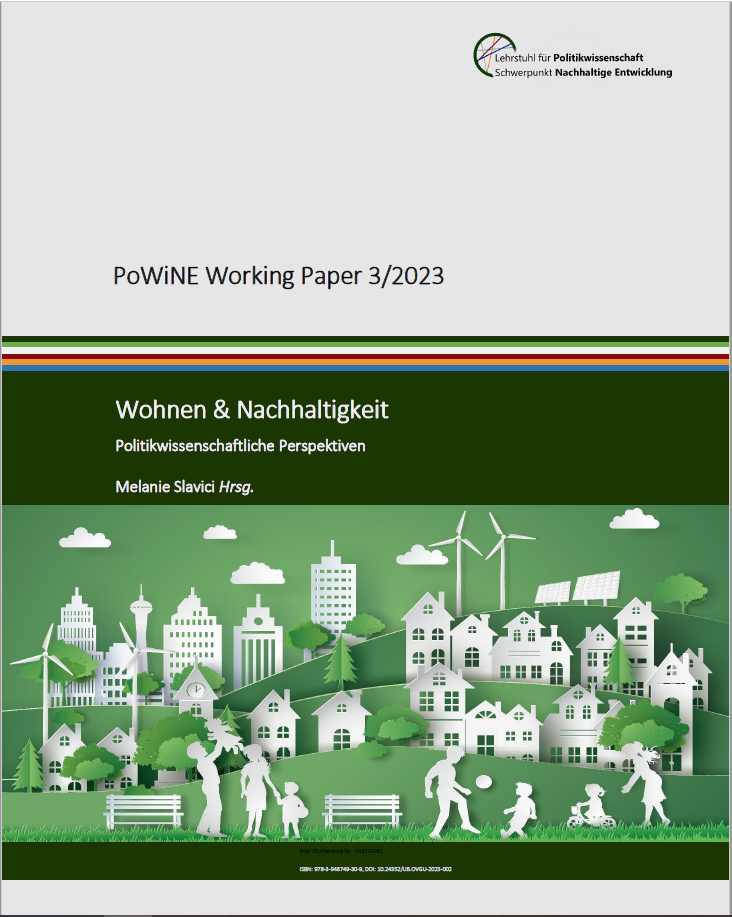Die Rolle der Kommunen in einer sozial-ökologischen Wohnungspolitik
DOI:
https://doi.org/10.24352/UB.OVGU-2023-010Keywords:
housing policy, sustainability, climate resilience, public welfare orientation, land policyAbstract
In the face of multiple crises, a social, resilient and sustainable urban development and housing policy has gained considerable importance in the recent past. Tight housing markets combined with high housing costs and the increased intensity and frequency of extreme weather events as a result of climate change are increasingly shaping the image of German cities and communities. In view of the increasingly scarce urban land resources, a socio-ecological housing and urban development policy is also caught between the conflicting demands of creating and securing affordable housing through increased housing construction activity and the necessary transformation of urban structures to meet the requirements of a climate-resilient city. Particularly in the struggle for the scarce and non-replicable resource of land, it becomes clear that, in addition to municipalities that are capable of acting and managing, the public welfare-oriented handling of land has a key function in coping with current and future challenges in integrated urban development.
Downloads
Published
Issue
Section
License
Copyright (c) 2023 Sustainability in Political Science Research and Teaching - Working Paper Series

This work is licensed under a Creative Commons Attribution 4.0 International License.


